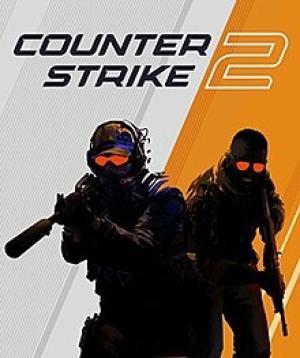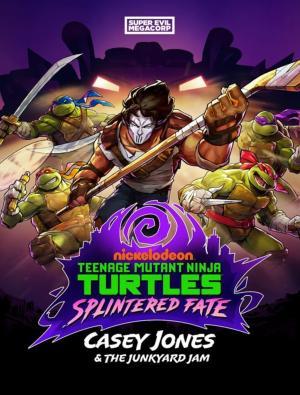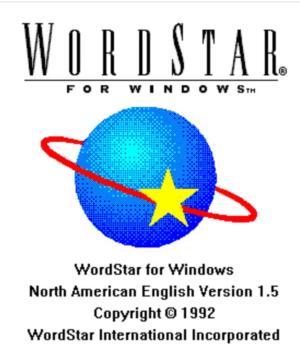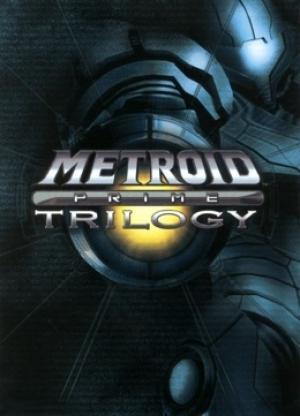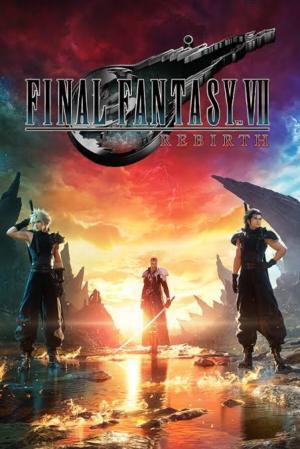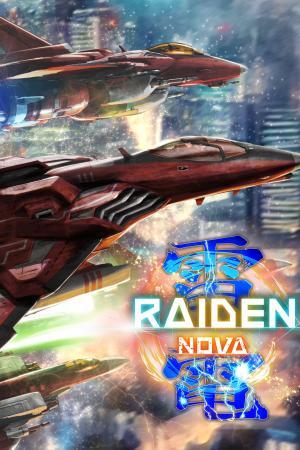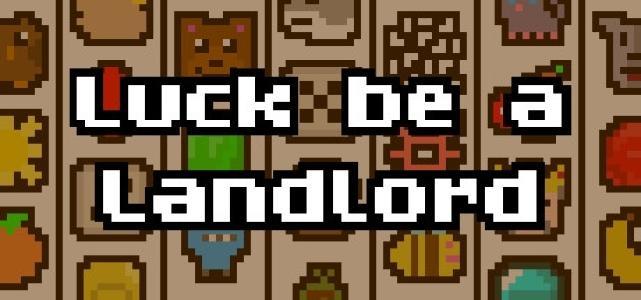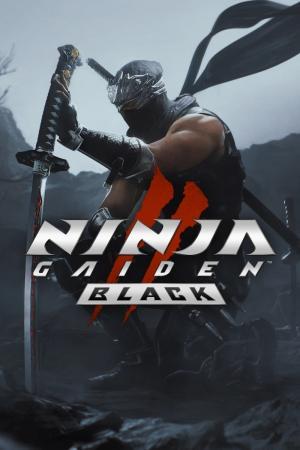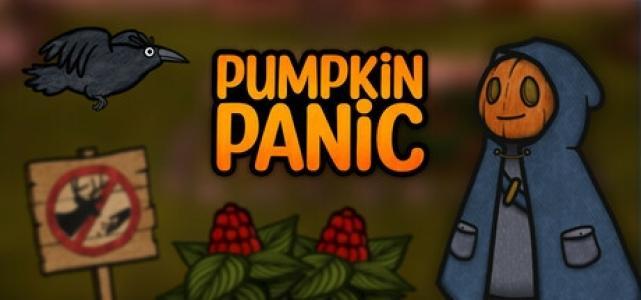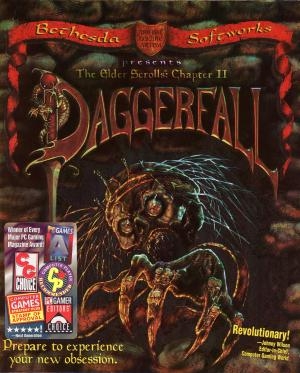
| Console: | PC |
| TV Standard: | Region Not Set |
| Developer(s): | Bethesda Softworks |
| Publisher(s): | Bethesda Softworks |
| Release Date: | 1996-08-31 |
| Players: | 1 |
| Co-op: | No |
| Type: | Role-Playing |
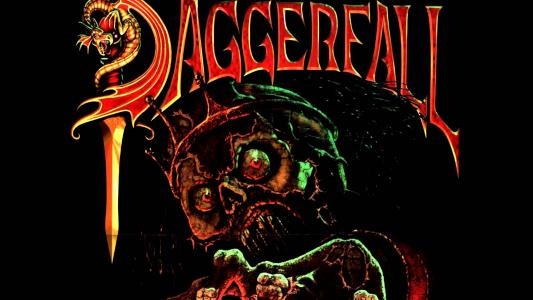
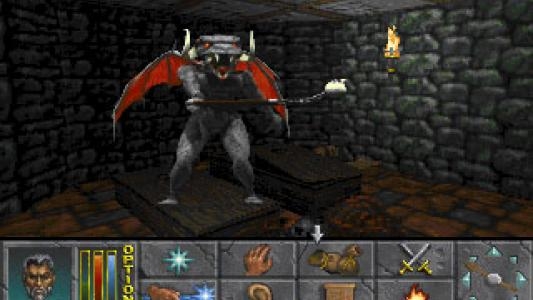
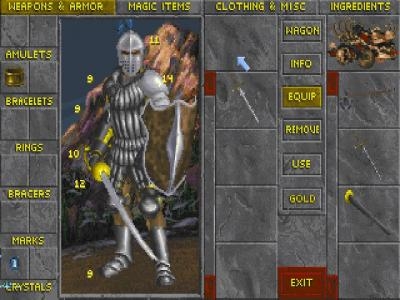
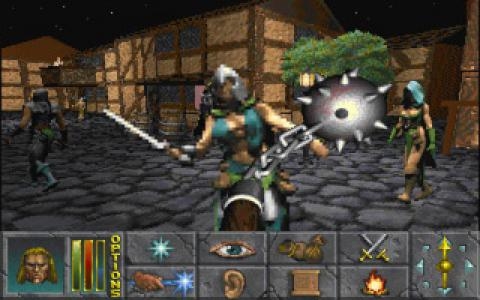
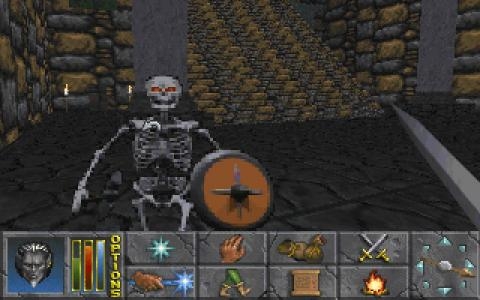
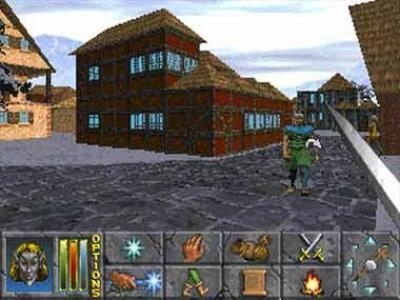
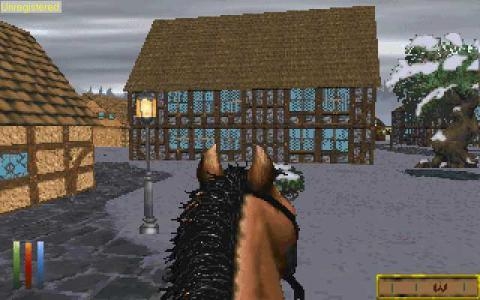
Daggerfall is a sequel to The Elder Scrolls: Arena; it is set in the same medieval fantasy world Tamriel - more specifically, in the homeland of the Breton race, known as High Rock. The game's title is derived from the name of High Rock's capital city.
The main protagonist travels to Daggerfall at the request of the emperor Uriel Septim. His mission involves freeing the ghost of the late King Lysandus. Apparently, a letter concerning the king and sent by the emperor to the court in Daggerfall contains information about a dangerous ancient power. It is now up to the hero to retrieve the letter, reveal the dark secret that has been preserved in the king's family, and eventually discover the key to the resurrection of an iron golem who wields immense power.
Like its predecessor, Daggerfall is an open-ended role-playing game, in which the main quest is but a small fraction of the various missions and assignments the player is able to undertake. The game is notable for breaking records concerning the size of its world (though much of it has been generated randomly). Interaction with hundreds of thousands of non-playable characters is possible. The player is free to join one of the many political and social organizations of Tamriel, as well as pursue a personal quest for power. The player is able to buy houses, ships, and horses, as well as become a werewolf, a vampire, or a wereboar.
Combat in Daggerfall is action-based: the player uses the mouse to determine the direction and the power of sword swings and shots from a ranged weapon. Character growth is handled similarly to that of Quest for Glory games: the more the player performs an action, the better he/she becomes at it. For example, swinging the sword will eventually increase the player character's attack power and skill with that weapon, etc.
